Kenyans experienced major disruptions on Monday as Telegram Messenger was reportedly blocked on the Safaricom network, leaving millions unable to access one of their most relied-upon communication platforms.
In a statement on Monday, November 3, the global internet observatory that tracks network disruptions and censorship, NetBlocks, confirmed that Telegram has been restricted in Kenya as the Kenya Certificate of Secondary Education (KCSE) exams begin, in a move aimed at curbing exam cheating.
“Confirmed: Metrics show that messaging app Telegram has been restricted in #Kenya as KCSE school exams are held, following an established pattern of internet censorship measures intended to limit cheating on exam days,” NetBlocks said.
Telegram Blocked in Kenya as KCSE Begins
According to the data, Telegram is completely unreachable (0% accessibility) on the Safaricom network, covering its web interface, link shortener, and website. This means that users on Safaricom are unable to load or access the app or its related services.
On the other hand, the Airtel network exhibits partial accessibility, with Telegram’s web interface and website achieving a reachability of between 42% and 45%.
This suggests that while some Airtel users can still connect, the service is unstable or intermittently disrupted.
Also Read: Details of Proposed Law Giving Govt Power to Shut Down Social Media Accounts
The disruption is occurring without prior warning, with the app failing to load or refresh messages despite having strong mobile data connectivity.
The disruption appears to be limited to users on Safaricom mobile data, while Telegram remains accessible via WiFi connections or through Virtual Private Networks (VPNs).
Telegram remains an essential tool for communication in Kenya. It is actively being used for business coordination, customer engagement, school groups, community updates and content distribution.
Also Read: Govt Reveals How Parents Will Pay Fees in Senior Schools
KNEC Raises Alarm Over Exams Fraud on Telegram
The outage comes nearly a week after the Kenya National Examinations Council (KNEC) raised an alarm over the rising use of Telegram channels to leak examination papers during the ongoing tests.
According to KNEC’s August 2025 monitoring report, 18 active Telegram channels were flagged for sharing alleged KCSE and Kenya Accountants and Secretaries National Examinations Board (KASNEB) papers out of a total of 51 identified platforms.
While existing laws safeguard learners and promote accountability, KNEC noted that the main challenge now lies in the conduct of education administrators.
Investigations have revealed that invigilators are increasingly being identified as key players in the leaking and distribution of exam papers.
Technologically skilled university students are also reportedly exploiting their digital expertise and past experience as KCSE candidates to manipulate the system for profit.
KNEC records show that as of August 2025, 51 Telegram and WhatsApp channels were reported to the Communications Authority of Kenya for exam-related activity, with 19 of them still active.
Currently, 36 cases are under investigation, while authorities have arrested 123 teachers — six this year and 117 in 2024 — along with 10 students over pre-exam irregularities.
Follow our WhatsApp Channel and join our WhatsApp Group for real-time news updates



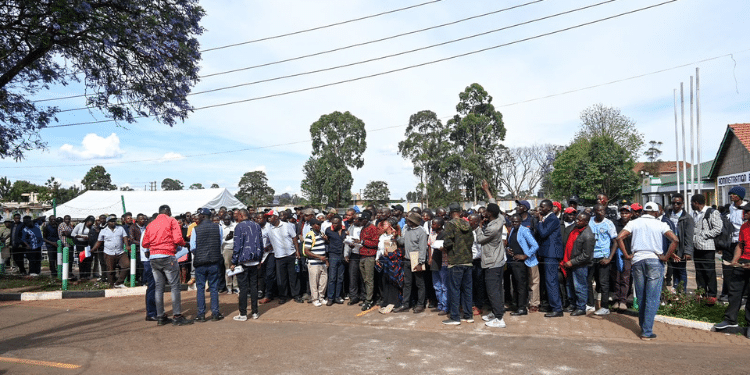

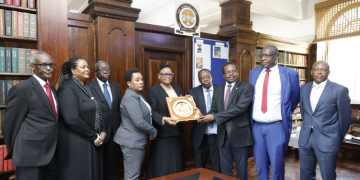
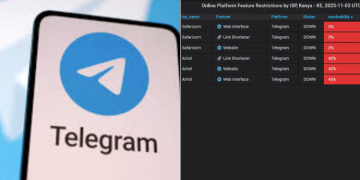
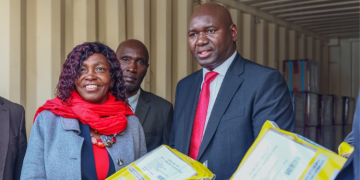









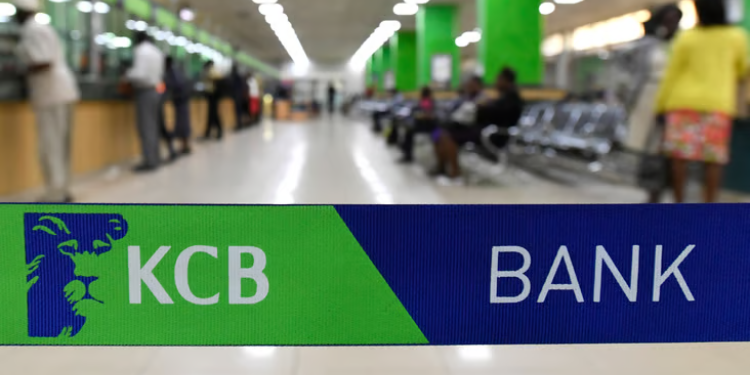


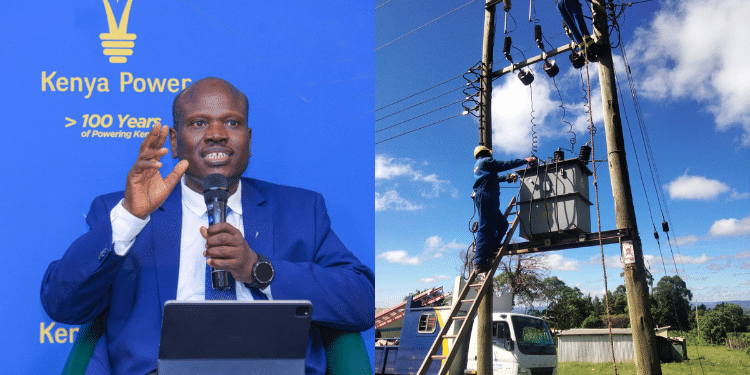





























![Senator Allan Chesang And Chanelle Kittony Wed In A Colourful Ceremony [Photos] Trans Nzoia Senator Allan Chesang With Channelle Kittony/Oscar Sudi]( https://thekenyatimescdn-ese7d3e7ghdnbfa9.z01.azurefd.net/prodimages/uploads/2025/11/Trans-Nzoia-Senator-Allan-Chesang-with-Channelle-KittonyOscar-Sudi-360x180.png)























